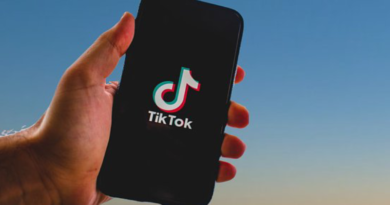Quit your Job and Start Freelancing Ideas
If you’re a writer and want to quit your day job, there are many things you can do to create a freelance writing business and earn more money. You can sign contracts with your clients, set up a business bank account, and learn how to sell yourself. However, it’s important to keep in mind that many writers start their freelance writing careers with day jobs, and they don’t always end up being as lucrative as they’d like.
Minimum viable rates to quit the job and start freelancing
When you quit your job and start freelancing, it is important to plan for your future. You will need to save money for at least three months of expenses. You will also need to have a safety net. Having at least three months of expenses saved up will help you keep going without desperate measures.
Signing a contract with your clients
One of the most important things that you need to do when you quit your full-time job and start freelancing is signing a contract with your clients. This is important because contracts provide a legal reference point for both parties. If the client fails to pay on time, for instance, it is possible that you could be sued for breach of contract. Also, a contract allows both parties to clarify any differences that may arise between them.
A contract with your clients will ensure that you do not change the requirements of the project during the course of the work and that you will not add extra work to your workload. Additionally, it is important to set a clear start and end date for the project. This will help you budget your time and keep track of future projects.
It is also important to give clients adequate notice of your departure. A notice period of two weeks is usually enough. This will give the client enough time to wrap up the job and figure out the next steps.
Setting up a business bank account
If you are planning to quit your day job and start freelancing, the first step is setting up a business bank account. This will help you keep track of your business expenses and income. Additionally, it will give your business legitimacy and credibility in the eyes of consumers. A business bank account also lets you write checks in the business name and save for specific expenses. Many banks offer business credit cards.
Freelancing is a great side hustle that can create a stable future. But you have to be prepared for unexpected expenses. To make it work, you have to save money. In the early stages, you may blow through your savings or take out a line of credit. Thus, it is critical to set up a business bank account. Once you have saved up money, you can start working for yourself.
To open a business bank account, you must get a business Taxpayer Identification Number or Employer Identification Number. In addition to these two numbers, some financial institutions may also require a Social Security number. Although this is not mandatory, it may make life easier later, especially when your side hustle gets larger. Having a dedicated business bank account will also help you avoid losing tax deductions.
Learning to sell
Learning to sell your services is an important part of freelancing. Freelancers can be entrepreneurs, accountants, strategists, salespeople, or other types of service providers. Freelancers exchange their time and services for money, and they are responsible for finding clients and presenting their work to them. Although it may seem daunting, selling is a skill that can be learned. The key to success in this area is preparation.



